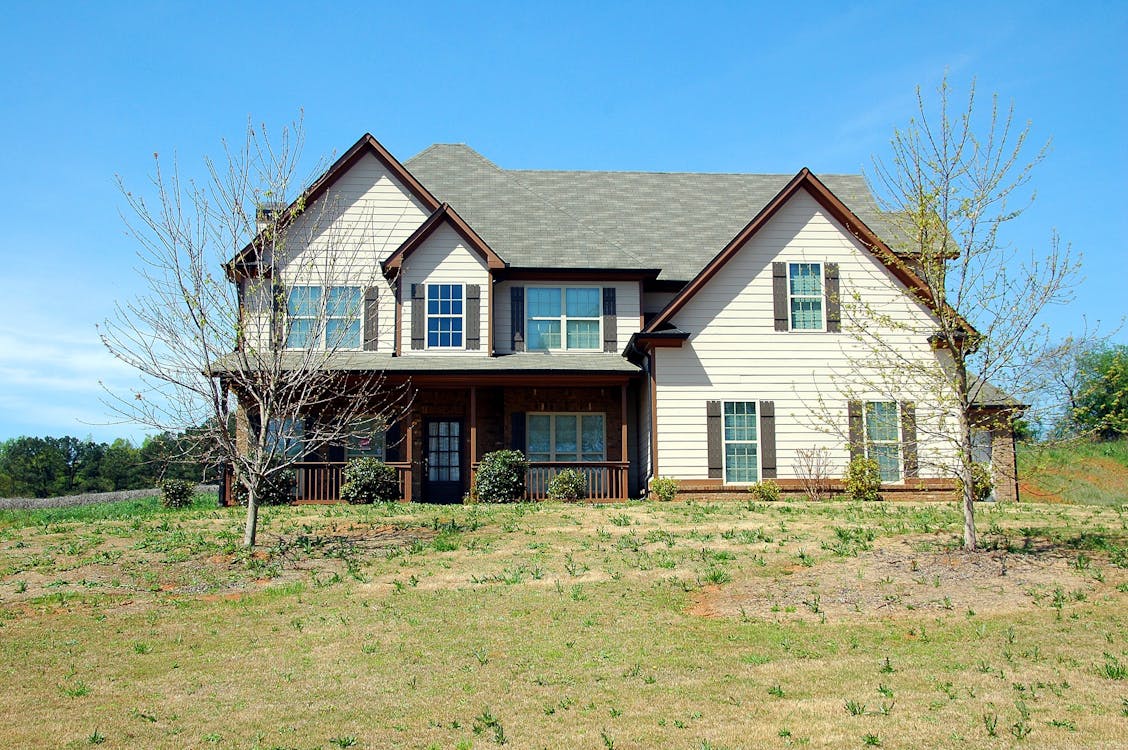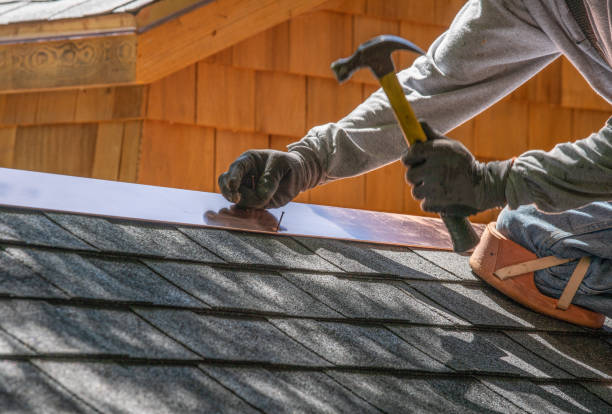Investing in a new roof for your home is not just about protecting your property from the elements; it’s also a wise financial decision that can significantly enhance the value and appeal of your home. A new roof is one of the most impactful upgrades a homeowner can undertake, offering benefits that go beyond mere aesthetics. It ensures superior protection against weather-related damages, improves energy efficiency by better insulating your home, and can dramatically increase your property’s curb appeal. In this blog, we’ll explore the various ways in which investing in a new roof adds tangible value to your home, making it a smart choice for homeowners looking to invest in their property’s future.

Increased Property Value
One of the most direct benefits of installing a new roof is the immediate increase in your property’s market value. Real estate experts agree that a new roof is a highly attractive feature for potential buyers, often resulting in a high return on investment at the time of sale.
Not only does it provide a sense of security and assurance that the rest of the home is well-maintained, but it also contributes to an aesthetically pleasing exterior that boosts curb appeal. Working with a quality roofing company local to your area is key to ensuring a professional installation that will add the most value to your home. This will also give potential buyers peace of mind knowing that the roof is under warranty and won’t require any major repairs or replacements shortly.
Improved Energy Efficiency
Another significant advantage of installing a new roof is the improvement in energy efficiency for your home. Modern roofing materials are designed to reflect more sunlight and absorb less heat, resulting in lower temperatures inside your house during the hot summer months. This means your air conditioning system doesn’t have to work as hard, leading to reduced energy consumption and lower utility bills. Additionally, many new roofing systems include better insulation options, which help maintain your home’s internal temperature, making it easier and more cost-effective to heat during the winter. Upgrading your roof can therefore contribute to a more environmentally friendly home while saving you money on energy costs in the long run.
Preventing Costly Repairs
Upgrading to a new roof also plays a crucial role in preventing costly repairs down the line. Old, worn-out roofs are prone to leaks, and water damage, and can become a breeding ground for mold and mildew, which can lead to further structural issues within the home. By investing in a new roof, homeowners can avoid the expenses associated with these repairs.
A new roof can handle extreme weather conditions much better than an older one, reducing the risk of damages caused by storms, hail, or heavy snowfall. This preemptive measure not only protects your home but also saves you from unexpected repair costs that can accumulate over time. With a new roof securely in place, homeowners gain peace of mind, knowing their home is well-protected against a variety of potential issues.
Extended Lifespan
Choosing to replace an older roof with a new installation is a decision that substantially extends the lifespan of the entire home. Modern roofing technologies and materials are engineered to last much longer than those used in the past, offering homeowners decades of reliability. While the initial investment may seem substantial, the long-term benefits of having a roof that can withstand the test of time cannot be overstated. This durability not only means less frequent need for replacement or major repairs but also contributes to the overall structural integrity of the house. A sturdy, well-maintained roof is essential for the protection of the home’s interior and foundation, ensuring that the property remains safe, secure, and valuable for many years to come.

Compliance with Building Codes
Another significant aspect of installing a new roof is ensuring compliance with current building codes. Building standards evolve, and older roofs may not meet the latest requirements for safety, energy efficiency, or materials. By choosing to invest in a new roof, homeowners can ensure that their property adheres to the most recent building regulations.
This compliance is not only crucial for the safety of the occupants but also impacts the insurability and saleability of the home. Insurance companies may offer better rates for homes that meet current standards, and a compliant property is more attractive to potential buyers. Working with a reputable roofing contractor who is familiar with local building codes can save homeowners from potential legal issues or fines associated with non-compliance. This invests a new roof as an even more valuable addition to your home’s overall worth and future marketability.
Investing in a new roof adds significant value to your home, both in terms of financial return and overall quality. From increased property value and energy efficiency to preventing costly repairs and extending the lifespan of your home, a new roof is a wise investment for any homeowner looking to enhance their property’s appeal and sustainability.
Published by HOLR Magazine


